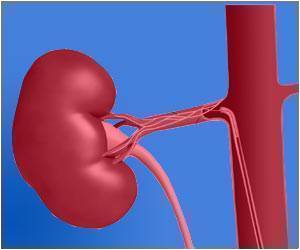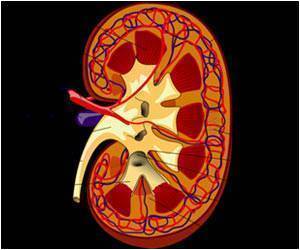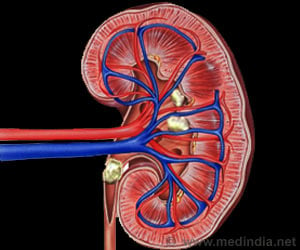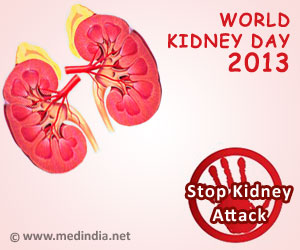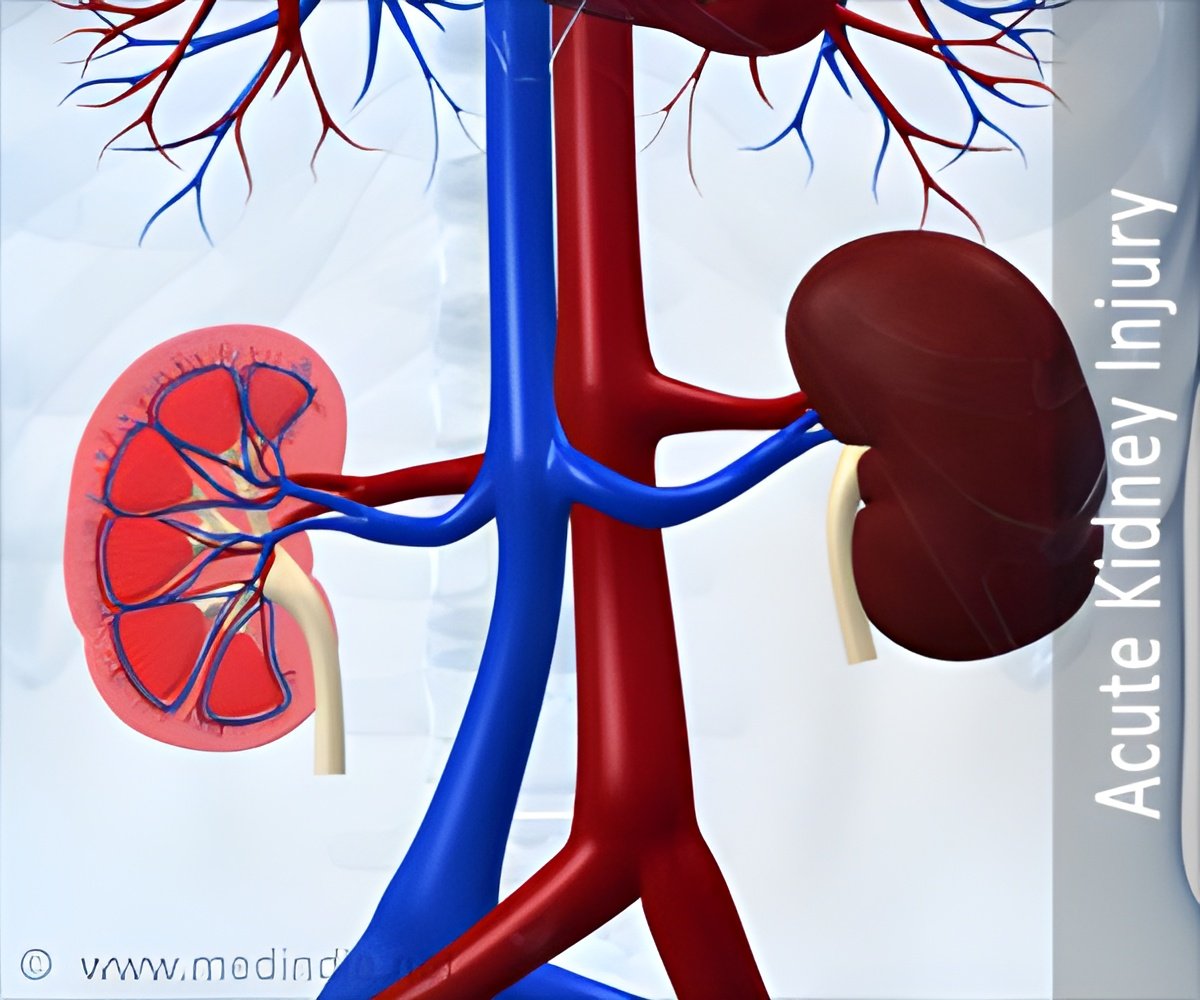
‘The risk of acute kidney injury related to radiocontrast has been overestimated because administration of radiocontrast was linked to lower rates of kidney damage.’
Tweet it Now
Dr Emilee Wilhelm-Leen, Maria Montez-Rath, PhD, and Dr Glenn Chertow from the Stanford University School of Medicine analyzed 2009 information from the Nationwide Inpatient Sample to provide a more accurate estimate of the burden of AKI among patients receiving radiocontrast. The Nationwide Inpatient Sample is the largest publically available all-player inpatient care database in the United States. After restricting the sample to hospitalizations for patients older than 18 years with lengths of stay ≤10 days, the investigators were left with 5,931,523 hospitalizations for analysis.
The researchers stratified patients according to the presence or absence of 12 relatively common diagnoses associated with AKI and evaluated rates of AKI between strata. A model that controlled for patients’ health and co-morbidities to estimate the risk of AKI associated with radiocontrast administration within each stratum.
Patients who received contrast did not develop AKI at a clinically significant higher rate than other patients. Patients who received radiocontrast developed AKI at a rate of 5.5%, compared with 5.6% of patients who did not receive radiocontrast.
After controlling patients’ health and co-morbidities, the researchers found that administration was linked to a 7% lower likelihood of developing AKI.
Advertisement
The findings appear in the Journal of American Society of Nephrology (JASN).
Advertisement

